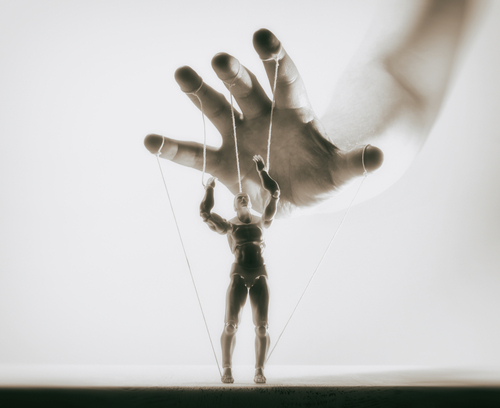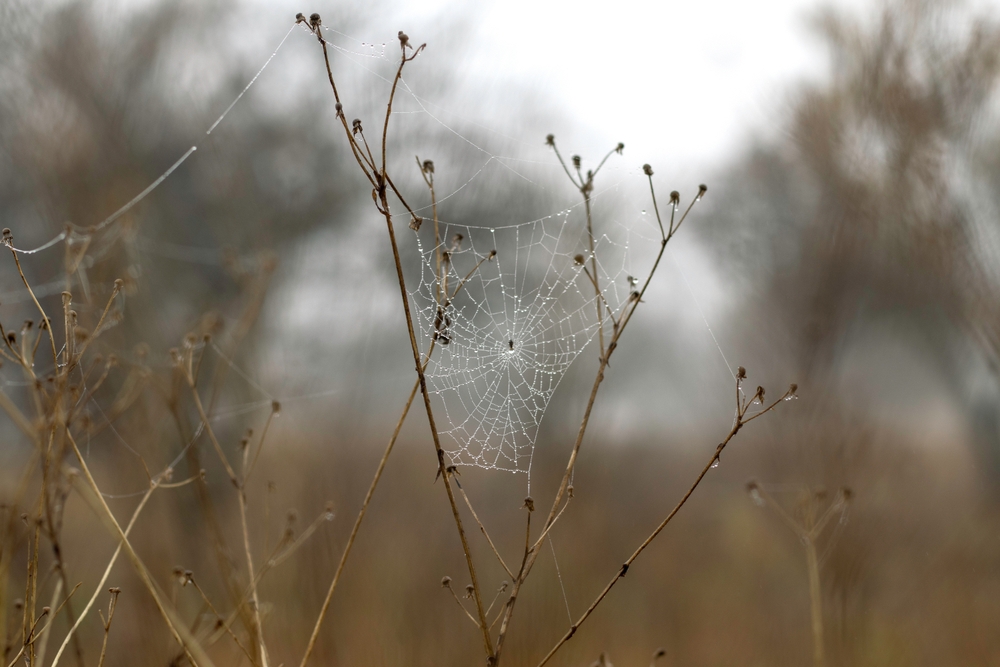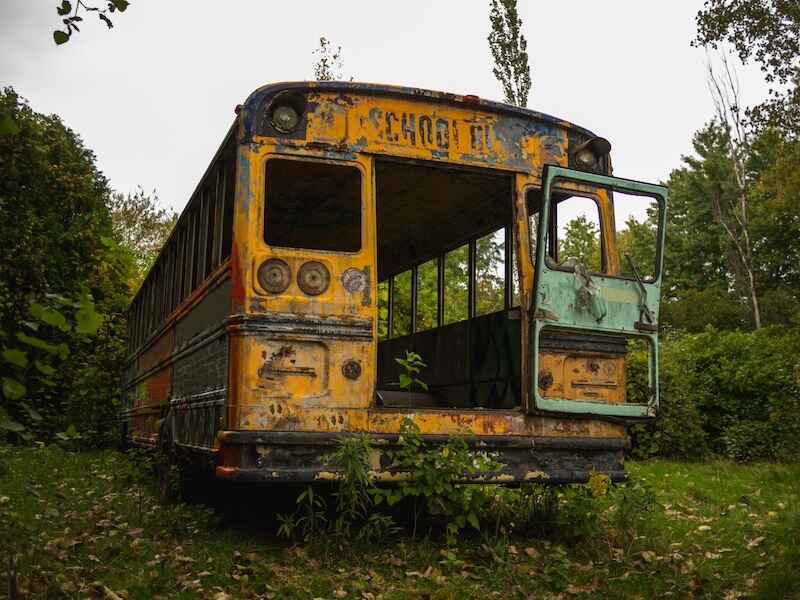Why We Need a New Declaration of Independence
Joel Salatin|February 23, 2021

Editor’s Note: Oh my… readers have flooded our mailbox after Andy’s essay yesterday on the greatest threat to our wealth. If you missed his spirited response to a reader who told him to keep politics out of it… check it out here.
And today, Joel Salatin follows up with what he sees as the greatest threat to our society… and where we’re headed as a result.
When we’re born, we’re utterly dependent.
We can’t clean ourselves, feed ourselves or clothe ourselves. We can’t even communicate.
The whole parenting process revolves around moving children toward independence, putting on our own clothes, deciding what clothes to wear, tying our shoes.
The nuances are many. Feeding ourselves, then deciding what we want to feed ourselves, then preparing what we’ve decided to feed ourselves and the home run: cleaning up after we’ve prepared what we’ve decided to feed ourselves.
Then we have the emotional and decision-making process to move toward independence. Learning the language, learning to read, learning about social interaction, and learning what’s okay to say and what’s not okay to say.
This is a beautiful and natural progression that we all view as healthy, affirming and confidence-building.
What is the foundation of this process?
I’m not a child psychologist – I’m not any kind of psychologist – but my sense is that the foundation, besides love, is setting boundaries.
Most of us know what a temper tantrum is. One of the biggest differences in parenting philosophy is how you handle one. Do you ignore, coddle, placate or punish?
Every child is born greedy and selfish. “Mine, mine, mine” comes long before sharing.
If the parent-child relationship is good, children naturally desire learning and doing more for themselves. Parents share that dream and routinely assure their children, “Go ahead, you can do it yourself.”
At some point, good parents establish chore expectations about making beds, putting dirty clothes in the hamper, brushing teeth, feeding the cat and setting the dinner table.
These all stem from basic expectations toward independent action and decision making.
Stifling independence, doing everything for the child, giving in to tantrums and not setting boundaries create self-absorbed and timid adults.
The clichés “mama’s boy” and “He never cut the apron strings” speak to a general paralysis in independent living.
But the thing about clichés is that they develop out of obvious truth.
I’ve belabored this introduction to pose a real dilemma for us as a sophisticated culture.
Lost Independence
In modern America, the average person is more dependent on third parties than ever before. The ability to self-do as an independent agent is eroding.
I can’t build a house without a government license and numerous inspectors… building, plumbing, electrical. The simple cabin and outhouse that most people could build are no more. It’s technically beyond me, and a government agent oversees the process.
I can’t butcher a chicken, cow or pig and sell it to you, a willing, voluntary friend, without a government agent injecting himself in the process to tell me what kind of facility I need and what kind of licensing I must pass.
This simple act that has carried on throughout history is now dependent on a host of compliance overseers.
Communication is subject to internet platforms. My musings are subject to whatever the “parents” of my computer and social media deem appropriate. Subject to censure and a charge of misinformation, everything must be couched diplomatically in more benign phrases to not red-flag the politically correct bean counters at Google, Facebook and Instagram.
My ability to choose healthcare providers is slim. And we know, for example, that a C-section can cost between $6,000 and $60,000 in the same hospital, depending on insurance. So without any transparency in the price tag, where do we go to find the right cost?
To solve the problem, of course, most folks ask for a new agency to check up on the medical folks, adding yet another layer of dependency to decision making.
I could go on, but I think we all feel this tightening, suffocating oversight.
The areas in which we can exercise true choice are nearly nonexistent.
You think you have choice at the supermarket… but in actuality, every item on the shelf passed through a licensure and compliance process that inherently excluded many options you’d like to choose, if only you had the freedom to exercise some independence.
What’s the result of all this corporate, technological and governmental dependency?
Can-Do? No, You Do
Just like overhovering parents create less-confident children, the climate we’re moving toward creates dependent, disempowered people.
Some of us see this slow erosion of can-do as it shifts to you do. We’re deeply disturbed by the trajectory that moves society from an attitude of “I’ll do it myself” to “I’ll wait for you to do it for me.”
That’s not a good societal shift.
Indeed the whole parent-child analogy is interesting inasmuch as we think of these big institutions as the parent, but in the American psyche, we the people should be seen as parent and government as child.
This dependency creep is ubiquitous… and insidious.
The analogy and its outcomes are valid.
Do we encourage our children to become productive by doing for them, or do we release them to confidence and creativity by encouraging them to do more for themselves?
You know the answer.
How do we translate that into our own lives where we feel more unable and certainly discouraged from stepping out as independent people?
How do we shake this safety net protecting us from misinformation, from choosing incorrect food or incorrect medical treatment?
How do we again find freedom of self-expression, self-determination and self-responsibility?
Sincerely,
Joel
What will it take to regain our independence? Share your thoughts at mailbag@manwardpress.com.

Joel Salatin
Joel Salatin calls himself a Christian libertarian environmentalist capitalist lunatic farmer. Others who like him call him the most famous farmer in the world, the high priest of the pasture, and the most eclectic thinker from Virginia since Thomas Jefferson. Those who don’t like him call him a bioterrorist, Typhoid Mary, a charlatan, and a starvation advocate. With a room full of debate trophies from high school and college days, 12 published books, and a thriving multigenerational family farm, he draws on a lifetime of food, farming and fantasy to entertain and inspire audiences around the world.



